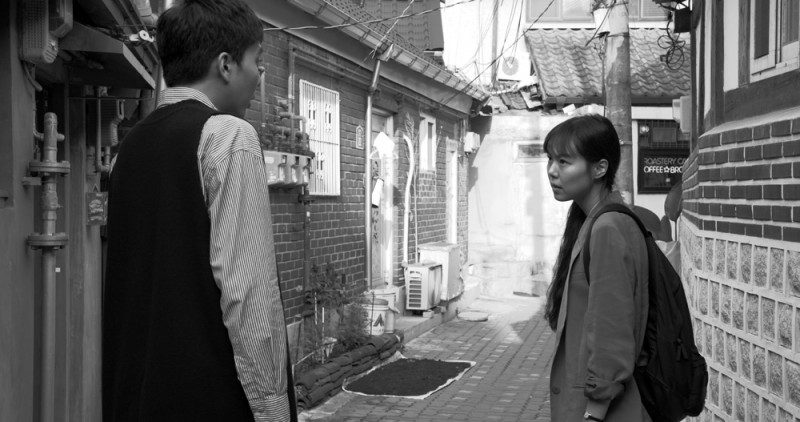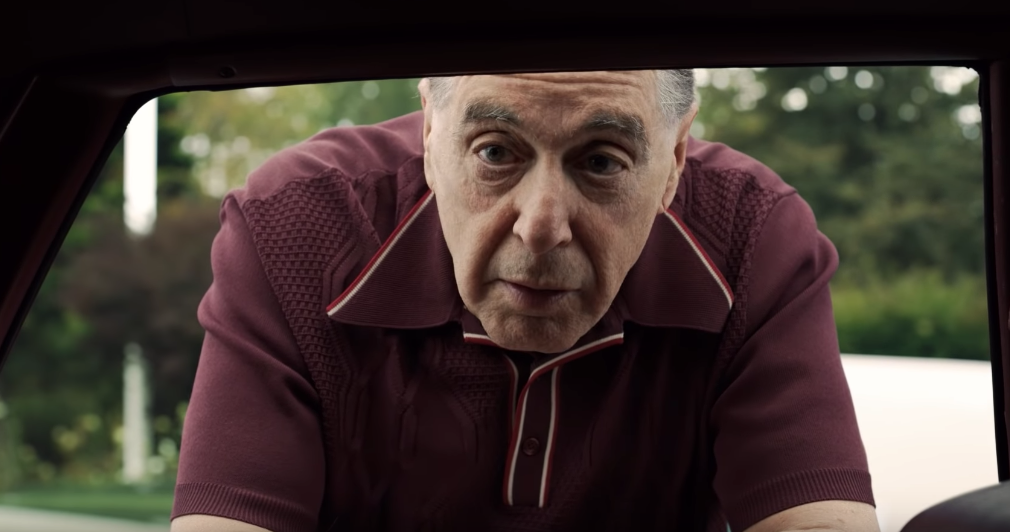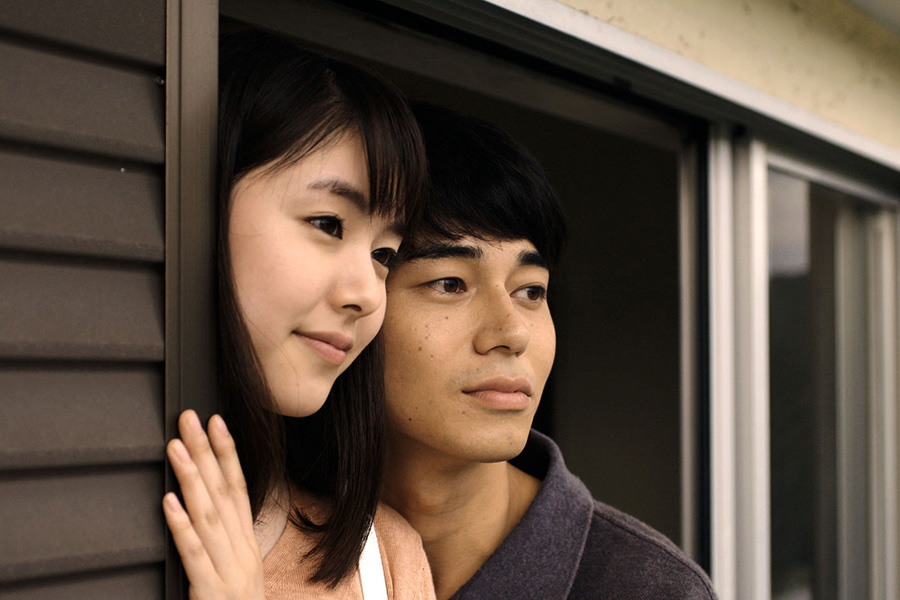Following our top 50 films of 2019, we’re sharing personal top 10 lists from our contributors. Check out the latest below and see our complete year-end coverage here.
At the risk of hyperbole, the release year of 2019 is one of the very finest I’ve seen this century, if not of all time. By my count, and bolstered by an incredibly great premiere year in 2018, it featured no less than four bona fide masterpieces, the continued development of many masters of the cinematic medium, and countless pleasures that captivated me throughout the year. Though I wasn’t able to get to all of the films I was hoping to watch before compiling this ultimately preliminary list, these are all utterly remarkable and truly great films.
There’s far too many fantastic films that fall just outside my top fifteen, but here are just a few more notable ones: “I Do Not Care If We Go Down in History as Barbarians,” Too Late to Die Young, What You Gonna Do When the World’s on Fire?, Pain and Glory, and Non-Fiction.
Honorable Mentions: In My Room, An Elephant Sitting Still, The Image Book, Marriage Story, Hotel by the River
10. Her Smell (Alex Ross Perry)

Her Smell finds Alex Ross Perry and his collaborators swinging for the fences in every single way and succeeding. A five-act chronicle of the decline and rebirth of a self-absorbed and destructive female punk singer, the film is a marvelous fusion of an outstanding ensemble cast, led by Elisabeth Moss, with an intense and immersive approach to form on numerous technical levels. It is Perry’s most ambitious film, and eventually his most cathartic and hopeful, in a way that thrives off of just how difficult the journey to get there, as evoked by his filmmmaking, truly is.
9. High Life (Claire Denis)

Though this represents Claire Denis’s first foray into science fiction, the reliance and twists on genre are endemic to her filmmaking, and High Life represents a further evolution of these instincts. Using a jumbled timeline, the soulful presence of Robert Pattinson, and coolly spare production design, her eventual focus on fatherhood and carnality are enhanced by the film’s disruptive rhythms, the terrifying and undefinable pull of the unknown. That the film also manages to be truly compassionate and tender in its own way is some kind of tremendous feat.
8. Parasite (Bong Joon-ho)

Parasite’s continuing smash success at a financial, critical, and cultural level almost unheard of for an international film in the 21st century is thoroughly remarkable, and indeed it’s heartening to see as applied to such a forthrightly fantastic work. Bong Joon-ho’s clockwork precision, honed to its greatest point yet, is a joy to watch, but it would be far less significant were it not matched with a narrative that encourages a continual sense of frisson, realizing the impossibility of sustaining the current state of affairs with every passing scene.
7. Grass (Hong Sang-soo)

Barely running over an hour, what might seem to be one of Hong Sang-soo’s most modest and stripped-down efforts–in an oeuvre gloriously full of them–reveals itself to be perhaps his most dizzyingly complex. Grass is Hong at his most Rivettian, using strange repetitions of details in stories, odd narrative detours, joining of image and sound unlike any in his filmography, and above all Kim Min-hee’s attentive writer to explore notions of storytelling, death, and connection with a rare precision and mystery. Somehow, it’s possibly one of Hong’s greatest and most ambitious films.
6. Ash Is Purest White (Zhao Tao)

Jia Zhangke’s work this decade can broadly be defined as more outwardly reflective and consciously grand than his past output, and Ash Is Purest White is perhaps the culmination of these tendencies. A story of two gangster lovers over the course of the 21st century thus far, it consciously restages characters and scenes from his previous work with his muse Zhao Tao as the endlessly dynamic center, examining the codes of honor in the jianghu and implicitly mapping them onto the explosive growth of China over the same time period. It never comes across as a mere retread, instead constantly reevaluating and elaborating with beautiful ardor.
5. Transit (Christian Petzold)

Simultaneously one of the year’s most daring and pleasingly classical films, Christian Petzold’s Transit caps his “Love in Times of Oppressive Systems” trilogy with an adaptation of Anna Seghers’ WWII refugee novel. In tackling this material, he radically transforms both it and practically any preconceived notions of adaptation or period filmmaking. By setting the wartime strife and paranoia in a kind of undefinable time period bearing a great resemblance to the modern day, Petzold encourages a more expansive, intensely disconcerting and effective view of the effects of the political on the personal, epitomized by the magnetic central performance of Franz Rogowski.
4. The Irishman (Martin Scorsese)

What impresses so much about The Irishman is its straddling of so many lines. On the one hand, it is a Martin Scorsese mob film through and through, anchored by brilliant Robert De Niro, Al Pacino, and Joe Pesci performances. On the other, it goes both incredibly wide in historical context and relentlessly interior in psychological depth, etching with every single moment, in its perfectly extended running time, another mark weighing down on its main character’s soul. That the film can contain both of these contradictory impulses, while remaining so entertaining and assured, confirms this as the singular work of a master.
3. Long Day’s Journey Into Night (Bi Gan)

Building on the already astonishing strengths of his debut Kaili Blues, Bi Gan’s sophomore feature Long Day’s Journey Into Night is as technically accomplished as nearly any film this decade. A seamless and productive blending of noir tropes and slow cinema atmosphere, it comes off as so much more than pastiche because of Bi’s canny use of anchoring objects, his supreme confidence in slowly unfurling his scenes visually, and his genuine justification of and sense of play in the bravura hour-long long take that closes the film. Without putting too fine a point on it, this film is one of the foremost examples of the future of cinema.
2. Asako I & II (Ryūsuke Hamaguchi)

Full-fledged, complicated, rapturous romance is relatively rare in cinema nowadays, and one of the very best examples is Ryusuke Hamaguchi’s Asako I & II, which uses its doubled lovers as a way to reflect back upon its main character, in all of her doubts and uncertainties. Deeply rooted in its present moment, yet prone to flights of fancy as transportive and unreal as any in contemporary filmmaking, the film delights as much as it aches, staying in close step with the turns caused by the whims of the self and the other, moving back and forth in rapture.
1. La Flor (Mariano Llinás)

The fundamental details surrounding La Flor–its fourteen-hour run, its ten-year production, its appropriately devilish six-part structure–already have it predestined for cult status, yet Mariano Llinás’s mammoth effort both fulfill and far exceed any preconceptions. An extraordinary ode to forgotten genres, a sincere and open-hearted love letter to its four central actresses, who turn in some of the most astonishing performances in recent memory: what is perhaps most overwhelming about La Flor is that it manages to contain infinite worlds of pleasure, surprise, and glory, while paying tribute to the possibilities of cinema, storytelling, and human creativity.
